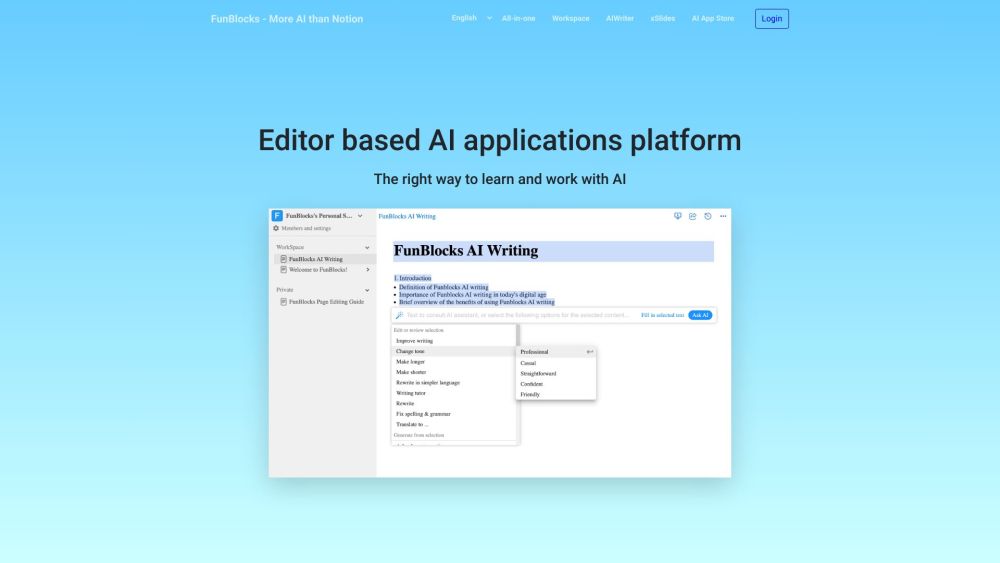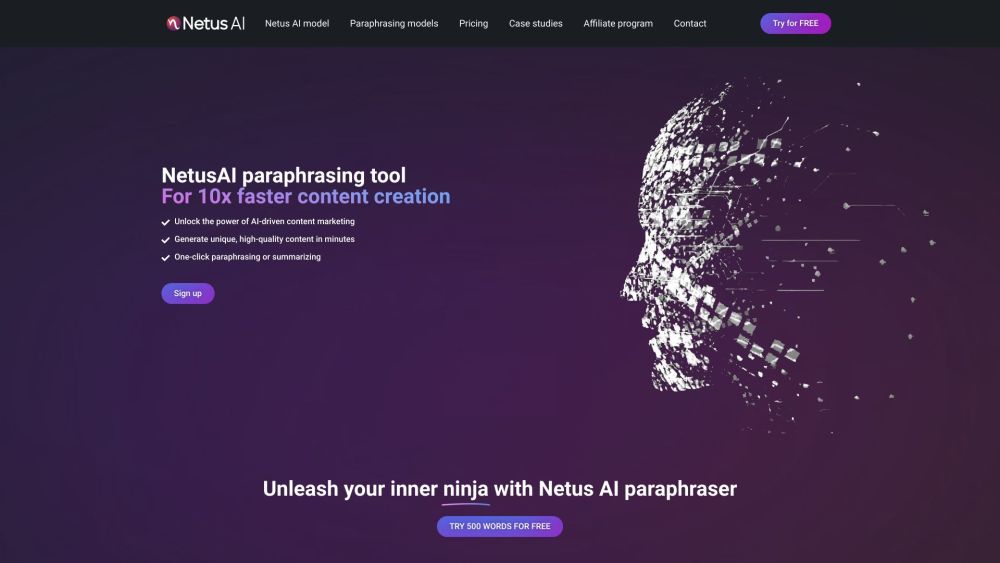On July 26, the "Beijing Action Plan for Promoting 'Artificial Intelligence+' (2024-2025)" was officially released. The Municipal Development and Reform Commission, in collaboration with the Bureau of Economy and Information Technology and the Zhongguancun Management Committee, held a press conference to interpret the plan. According to information provided, the Action Plan focuses on establishing benchmark applications across five key sectors: robotics, education, healthcare, culture, and transportation. Its implementation period spans two years, aiming to accelerate practical applications and evolve application models in tandem with advancements in foundational AI technologies.
Vice Director Lin Jianhua highlighted that artificial intelligence is a crucial engine for developing new productive forces and a strategic technology for the future. AI is rapidly integrating into various domains—such as healthcare, education, culture, finance, consumption, and urban operations—enhancing the intelligence embedded in everyday life and providing vital support for new productive capabilities. He emphasized that this Action Plan is designed to seize opportunities and facilitate the application of large AI models in Beijing, which boasts the highest talent density, innovation foundations, and competitive edge in the national AI landscape.
Beijing aims to implement five globally leading benchmark applications, lead ten exemplary projects, and promote commercially viable results projected to yield three to five advanced foundational model products, one hundred excellent industry models, and one thousand successful industry cases by the end of 2025. The goal is to position the city as a global hub for AI innovation and applications.
The Action Plan outlines plans for significant projects in five areas. In the "AI + Robotics" sector, the focus will be on integrating innovative resources to meet real-world needs, resulting in the development of embodied intelligent robots, along with a testing ground for applications in logistics, manufacturing, healthcare, and research.
In "AI + Education," the Plan aims to gather high-quality teaching materials, methodologies, and knowledge on student mental health to create an educational model platform that provides smart lesson preparation tools, supporting both classroom teaching and personalized learning.
For "AI + Healthcare," a comprehensive platform will be created that balances the benefits of research outcomes for doctors and hospitals while also innovating medical supervision mechanisms and upgrading hospital information systems. This aims to enhance various medical services, including consultations and chronic disease management.
In "AI + Culture," the initiative seeks to compile rich cultural data to deliver personalized and efficient tourism-related services to residents and visitors.
Lastly, in "AI + Transportation," the plan will leverage AI models to generate simulation data for roads, vehicles, and pedestrian traffic, expediting autonomous driving training and improving urban mobility technologies.
Additionally, the Action Plan includes provisions for demonstration projects, commercial applications, and the establishment of joint research and development platforms. It aims to tackle common challenges in various sectors by partnering with industry stakeholders while fostering commercialization through practical applications in critical domains such as education, healthcare, and logistics.
Moving forward, the city will support selected benchmark scenarios within the Action Plan, dynamically planning and implementing initiatives that expand diverse AI applications across numerous contexts. Lin Jianhua reiterated the commitment to fostering innovation and application of AI models within the city.





